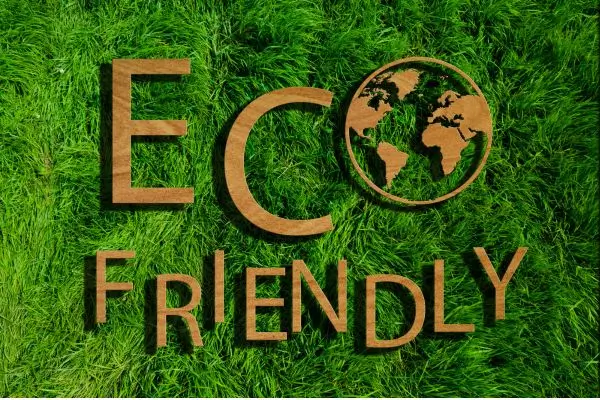By Mark Purai – A Guide for Sustainable Real Estate
Introduction
Sustainability is no longer optional in real estate development. The Caribbean, with its fragile ecosystems and growing demand for eco-tourism, offers unique opportunities for developers to build eco-friendly properties. This article delves into the principles and practices of sustainable development tailored to the Caribbean context.
The Importance of Eco-Friendly Development
- Environmental Preservation: Protect the region’s unique biodiversity.
- Tourism Appeal: Eco-tourism is a booming sector.
- Cost Efficiency: Renewable energy sources reduce long-term operational costs.
Elements of Eco-Friendly Real Estate
- Energy Efficiency: Solar panels and energy-saving appliances.
- Water Management: Rainwater harvesting and greywater recycling.
- Sustainable Materials: Bamboo, reclaimed wood, and locally sourced materials.
- Green Spaces: Incorporating native plants and creating community gardens.
Challenges and Solutions
- High Initial Costs: Offset by long-term savings and tax incentives.
- Regulatory Barriers: Work closely with local authorities.
Success Stories in Jamaica
- Highlight eco-friendly resorts like Great Huts in Portland.
- Showcase community-driven projects such as Harmony Hall.
